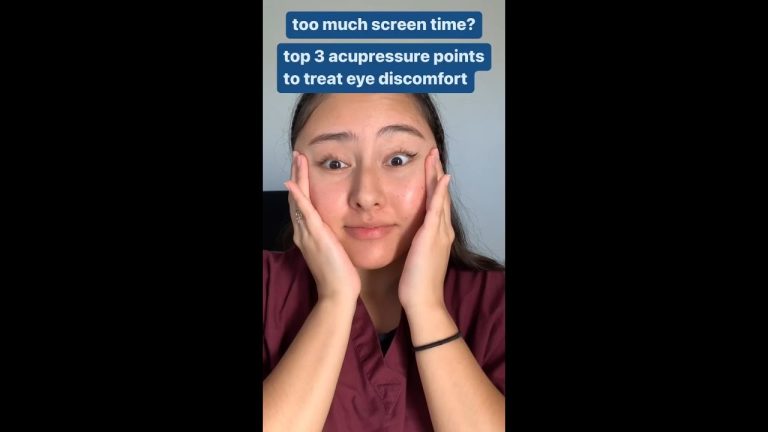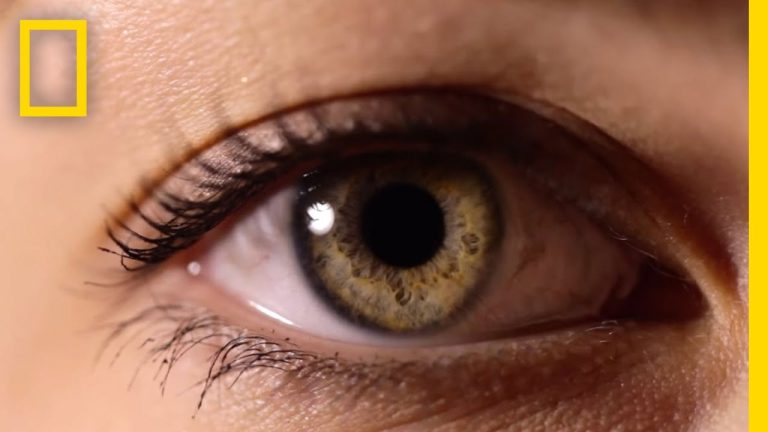Understanding Glaucoma: Symptoms, Causes, and Treatment for Better Eye Care
Glaucoma is a serious and progressive eye disease that can cause permanent damage to the optic nerve and vision loss. It affects millions of people worldwide, and, unfortunately, most people don’t know they have it until it is too late.
The disease is often referred to as the “silent thief of sight” because it does not have any symptoms in the early stages, making it difficult to detect. Regular eye exams are essential in catching this potentially blinding disease early, and early detection is key to preventing vision loss.
Types of Glaucoma
There are two main types of glaucoma: open-angle glaucoma and angle-closure glaucoma.
- Open-Angle Glaucoma: This is the most common type of glaucoma. It occurs when the drainage angle of the eye becomes less efficient, causing an increase in pressure inside the eye that can damage the optic nerve.
- Angle-Closure Glaucoma: This type of glaucoma occurs when the iris is too close to the drainage angle of the eye, causing it to block the flow of fluid out of the eye. This can lead to a sudden increase in eye pressure and is considered a medical emergency.
Symptoms
As mentioned earlier, glaucoma does not have any symptoms in the early stages. The disease progresses slowly and can cause vision loss over time. Symptoms of vision loss may include:
- Tunnel vision
- Patchy blind spots in your peripheral or central vision
- Severe eye pain or headache
- Seeing halos around lights
If you experience any of these symptoms, you should see an eye doctor immediately.
Treatment
Unfortunately, there is no cure for glaucoma, and any vision loss is permanent. However, there are several treatment options available that can slow down the progression of the disease and preserve remaining vision. These include:
- Eye drops
- Laser treatment
- Surgery
Conclusion
Glaucoma is a silent but serious eye disease that can cause permanent vision loss. Regular eye exams are essential in detecting the disease early to prevent vision loss. If you have a family history of glaucoma or are over the age of 60, make sure to schedule regular eye exams with your eye doctor. Remember, early detection is key to preventing vision loss.
Most wanted in Hoya Vision:
What are prism eyeglass lenses?
Hoya Lens Engravings
What brand lenses does Costco use?
Do tinted glasses help with migraines?
What does +0.25 mean on an eye test?
Hoya Identification Chart
Should eyeglasses cover eyebrows?
Does hyperopia worsen with age?
What LED light is best for broken capillaries?
What is the difference between Ray Ban RB and Rx?
















